[ad_1]
By Customer Creator Matthew Buquoi
Cascading flowers are generally known as spillers or trailing crops on account of their pretty and distinctive spilling influence in window packing containers. Whether or not or not you reside inside the metropolis, suburbs or a rural house, cascading flowers lend a fragile scent and an ethereal ambiance to your personal residence.
What To Ponder Sooner than Choosing Cascading Flowers
There are some issues that it’s good to take into consideration sooner than deciding on spillers.
What kind of window area do you may have or would you need to make use of?
As an illustration, when you’ve PVC window packing containers (or like their carry out), you in all probability want petunias as your spiller. Each flower has a particular mannequin, so that you’d presumably want to check out the fully differing types sooner than deciding on one.
What kind of flowers would match the mannequin of your property?
As an illustration, for many who reside in a farmhouse or an an identical setting, you might have considered trying flowers that produce a dramatic influence in your window area. For individuals who reside in a modern-style dwelling, perhaps a minimalistic influence will be additional fascinating.
Which kinds of trailing crops would look good with the fillers you’ve chosen?
Take into accounts complementary colors like blue and orange or yellow and purple. Or maybe you merely need a totally inexperienced theme. Take into accounts the fully different types of textures you want to embody too.
Are my window packing containers inside the photo voltaic or shade or partially in every?
The amount of photo voltaic or shade is pretty important when considering the form of flower you’d favor to develop. For instance, petunias love all-day photo voltaic, nonetheless impatiens need all-day shade. Make certain you choose the exact crops for each location.
Do you want to change out your spillers all through the season, or would you reasonably have one factor that lasts all 12 months spherical?
Do you like to tinker with the crops in your window packing containers or go away them be all 12 months? Ponder whether or not or not you’d like to alter your spillers out between seasons.
How usually do you want to spend time sustaining your window packing containers?
Do you benefit from spending an entire lot of time sustaining your window area yard? Or are you a next-to-zero maintenance one who would favor self-watering window packing containers?
We’ve talked about some inquiries to ask your self sooner than you make any selections with regard to your spillers and fillers. Listed beneath are seven numerous sorts of cascading flowers that may be utilized to enliven your personal residence.
Frequent cascading or “spiller” flowers for window packing containers
Petunias
- Botanical title: Petunia spp.
- Daylight: About 4 to 6 hours of daylight a day.
- Watering: The simplest apply is to empty them freely and maintain the soil moist.
Petunias are acknowledged for his or her cheerful and radiant colors that bloom from spring to fall. There are various colors to pick out from, ranging from speckled whites to secure, deep pinks and reds. Petunias surprisingly thrive on minimal care. Typically, the Wave and Grandiflora petunia species produce the spiller influence in window packing containers. For individuals who’re going with the Wave species, you don’t have to deadhead as so much, so that you presumably can positively plant these in hard-to-reach areas like second or third-floor residence home windows.
Nemesia
- Botanical title: Nemesia strumosa or Nemesia caerulea.
- Daylight: Full photo voltaic is hottest for best rising practices.
- Watering: The soil must be moist to the contact nonetheless certainly not soggy.
Nemesia produces a lot of small flowers in an array of vibrant colors counting on which subspecies you choose. As an illustration, the species N. strumosa produces white or blue flowers that are about 1 inch in diameter and develop a few foot tall; these flowers fall in a droopy technique. N. caerulea produces white, blue, purple, or pink flowers. This species grows about 1/2 inch in diameter and about 2 toes tall, and falls within the an identical droopy technique.
Impatiens
- Botanical title: Impatiens walleriana.
- Daylight: Full shade.
- Watering: The soil must be moist — the foliage will shed if it’s dried out.
Impatiens (or I. walleriana) produce all types of attractive reds, pinks, purples, and violets. Impatiens will bloom in a pretty present from spring by summer season. They’re going to last all 12 months for many who reside in a warmth house with out freezing winters. Most impatiens species develop between 6 inches to 1 foot in dimension, and they will merely ever so barely peep over the sting of your window area.
Nasturtiums
- Botanical title: Tropaeolum majus.
- Daylight: Full photo voltaic (for optimum improvement).
- Watering: The soil must be correctly drained.
Nasturtium is a climbing/trailing plant that grows spectacular vines that may maintain effortlessly from window packing containers. A pleasant actuality about nasturtiums is that they’re edible! Their seed pods, flowers, and leaves have a mustard and peppery-like type that makes them an superior garnish for salads and completely different tasty dishes. Nasturtiums bloom from mid-spring to fall and develop about 1 foot prolonged (or a bit of additional) counting on the species.
Begonias
- Botanical title: Begonia semperflorens.
- Daylight: Partial photo voltaic (notably morning photo voltaic and afternoon shade with a dabble of photo voltaic).
- Watering: The soil must be evenly moist.
Begonias are charming flowers of many sizes and kinds that bloom in reds, yellows, pinks, oranges, and whites. Begonias are deer resistant, so that you simply don’t have to worry about them being eaten for many who reside in a rural house the place deer are roaming.
Pansies
- Botanical title: Viola tricolor var. hortensis (title of Viola x wittrockiana species).
- Daylight: Full photo voltaic or partial photo voltaic.
- Watering: Correctly-drained soils are best for optimum improvement.
Pansies are moreover known as violas and violets. Counting on the species, they bloom delightfully in assorted hues of purple, purple, blue, pink, yellow, orange, white, and mahogany. Pansies may very well be dealt with each as an annual or perennial spiller relying in your native climate. They usually can survive a harsh freeze in single-digit temperatures, which is pretty unimaginable. They’re going to develop about 6 to 9 inches tall and unfold to about 9 to 12 inches.
Lobelias
- Botanical title: Lobelia spp.
- Daylight: Full photo voltaic is hottest, nonetheless they will moreover tolerate partial photo voltaic.
- Watering: The soil must be moist for best rising practices.
Lobelias are carefree and super-easy-to-grow spillers which might be accessible in fairly pinks, darkish purples, blues, whites, and lavenders. Although most types of this species are pretty compact, rising between 3 to 5 inches, some species really develop as a lot as 3 toes tall, making them glorious for window packing containers. Lobelias bloom from summer season up until the first frost inside the fall. Blue flowers solely make up 10% of the entire plant kingdom, so these rarities are glorious in order so as to add a novel look to your window area yard!
Creator’s Bio: Matthew Buquoi is the founder and CEO of Flower Window Containers and has spent his life pouring his passion for dwelling enchancment, gardening, and backyard care since 2008. Matthew is well-known for his choices in a lot of journal covers and TV spotlights, harking back to, HGTV, The Proper this second Current, and Ask this Earlier House.
[ad_2]
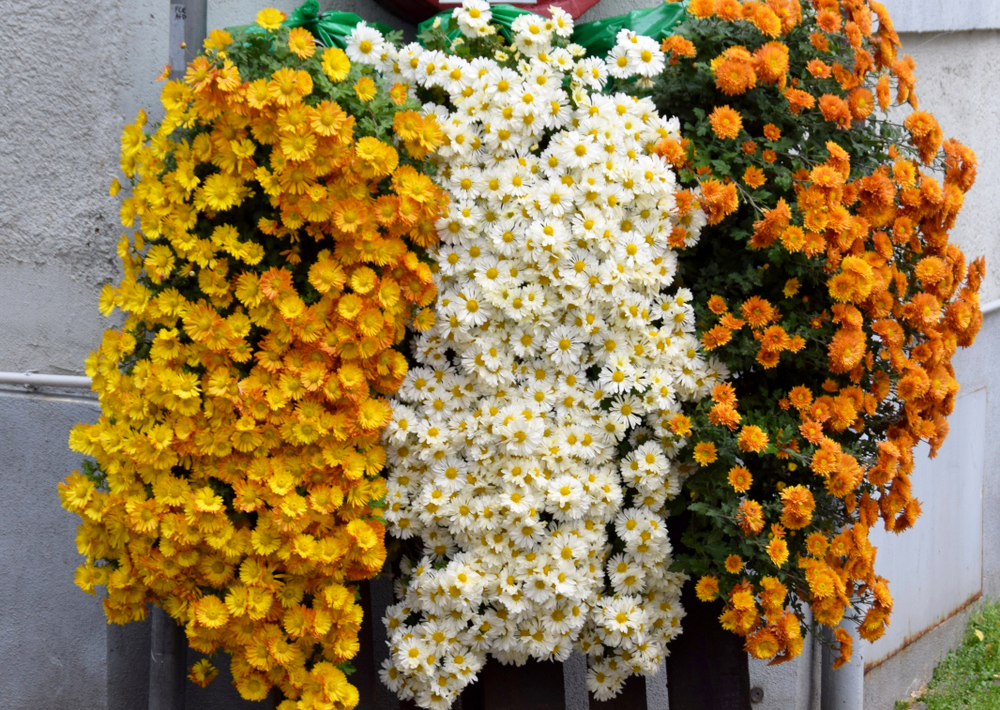
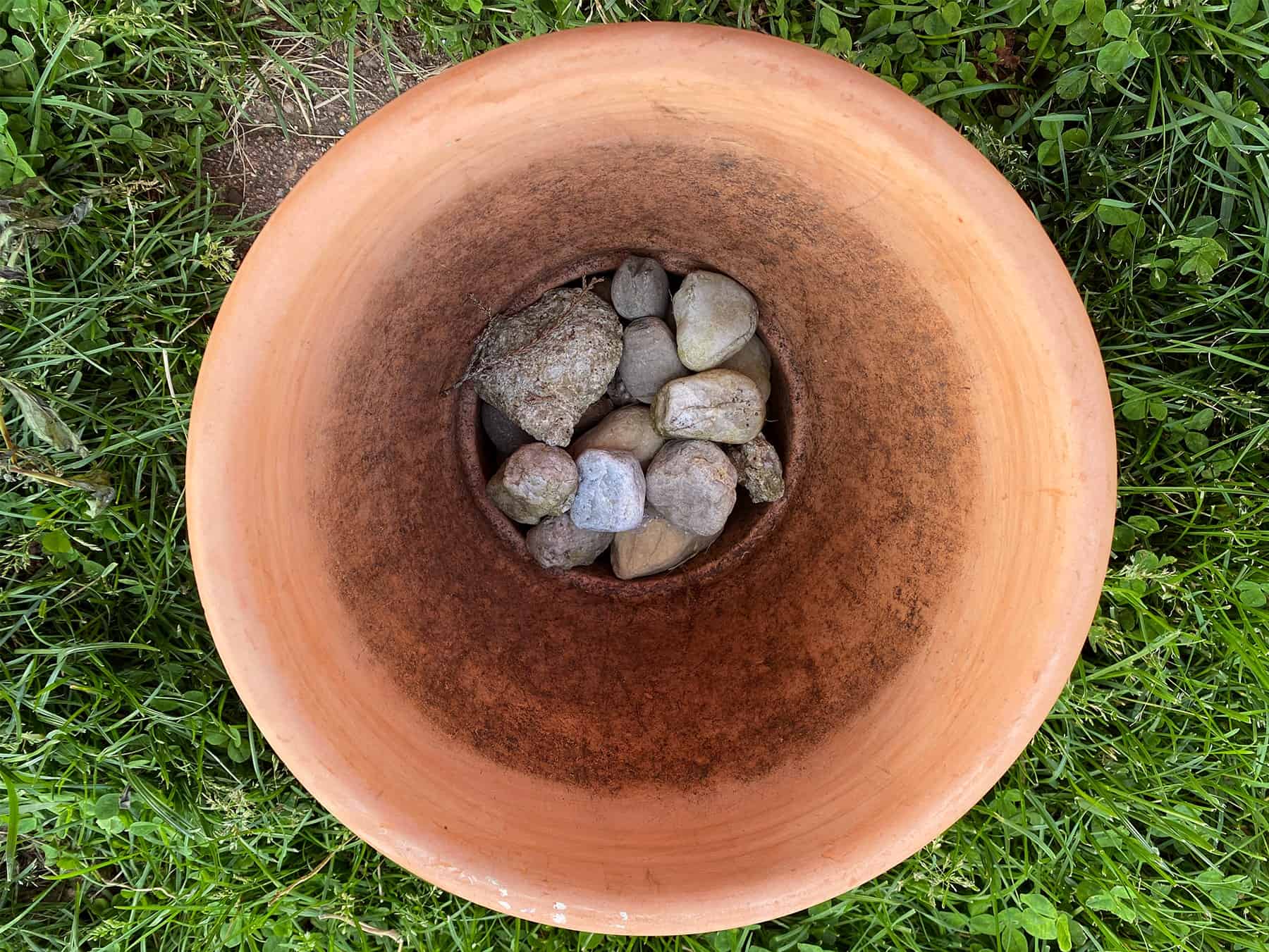
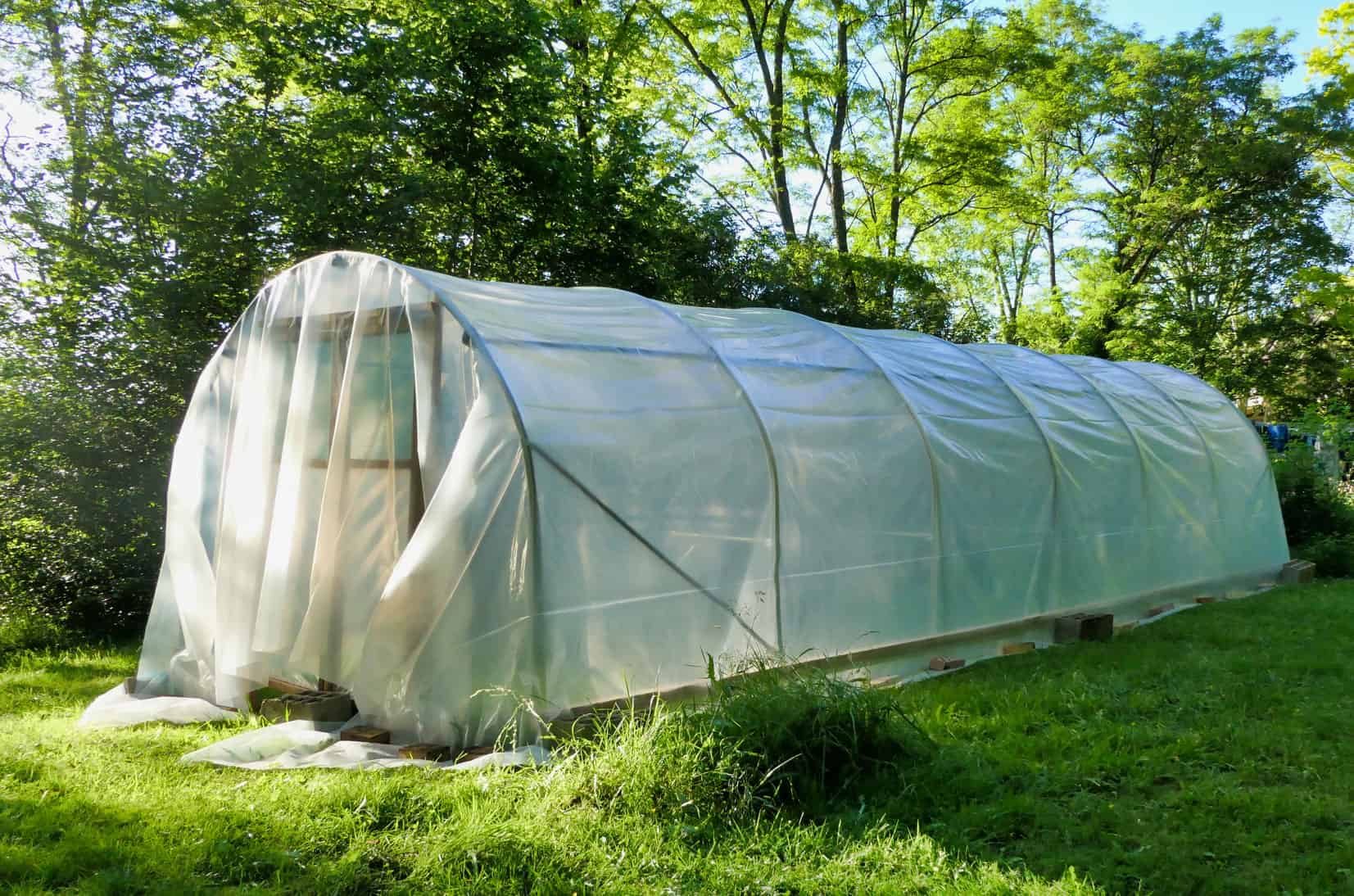
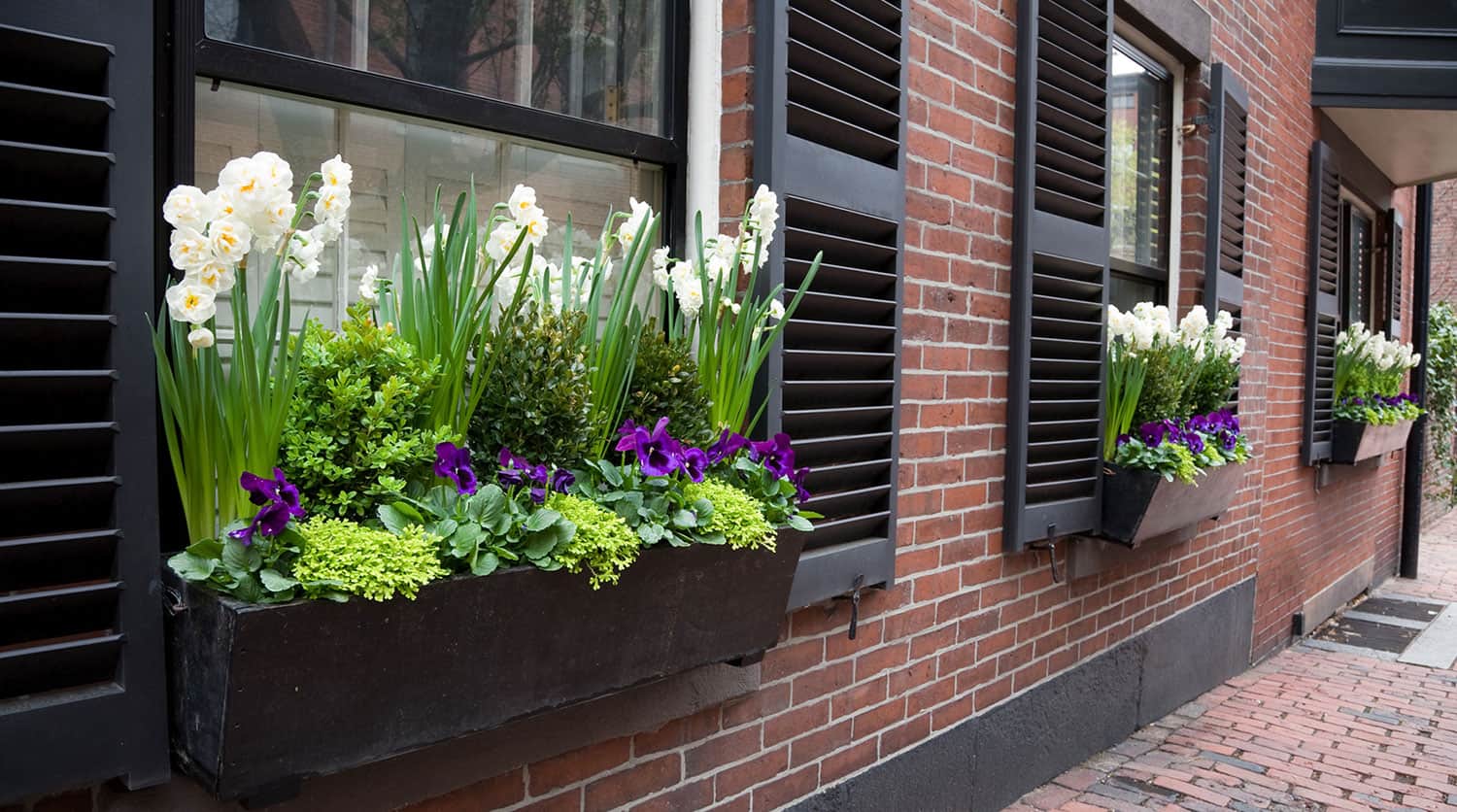
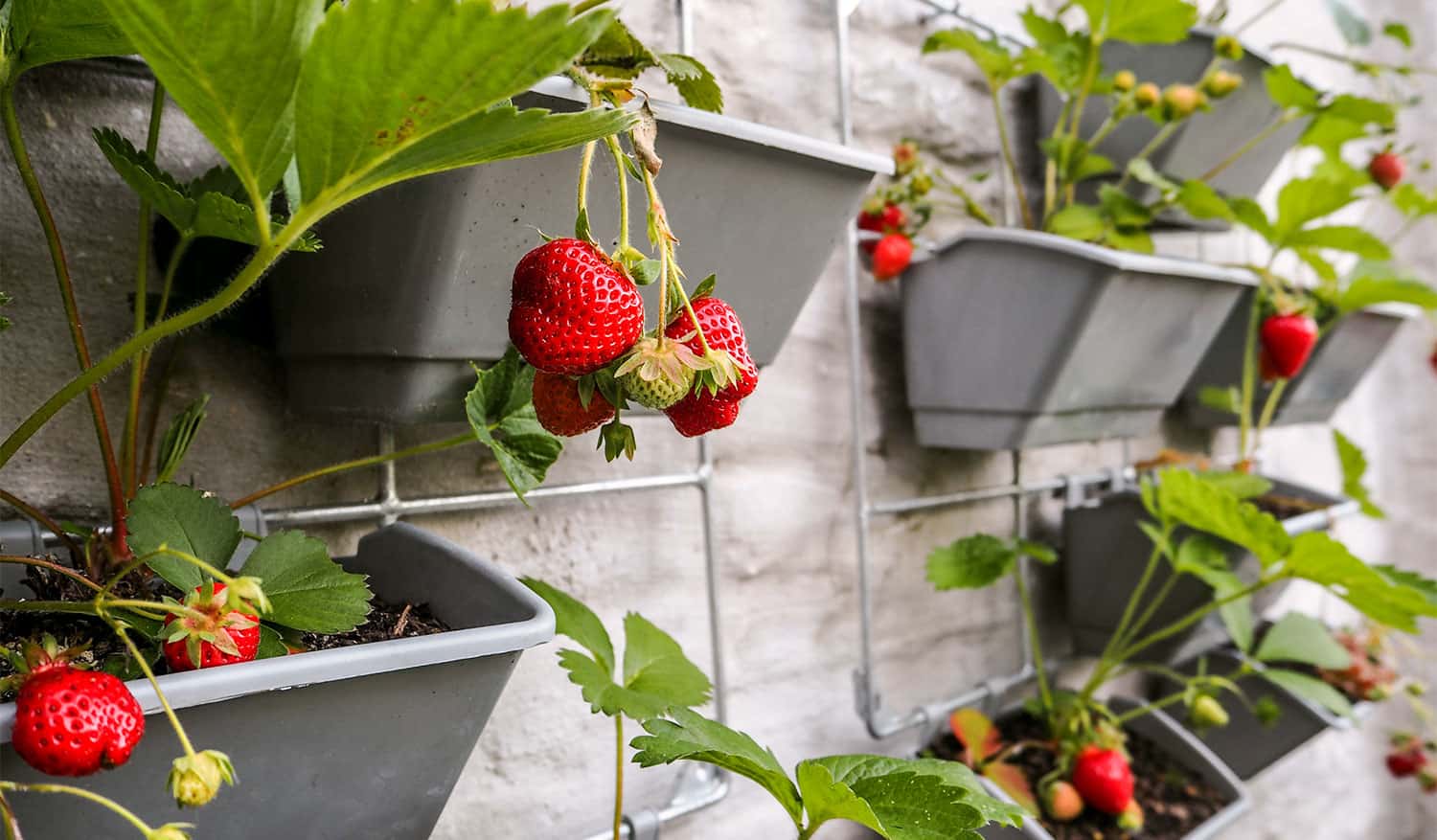
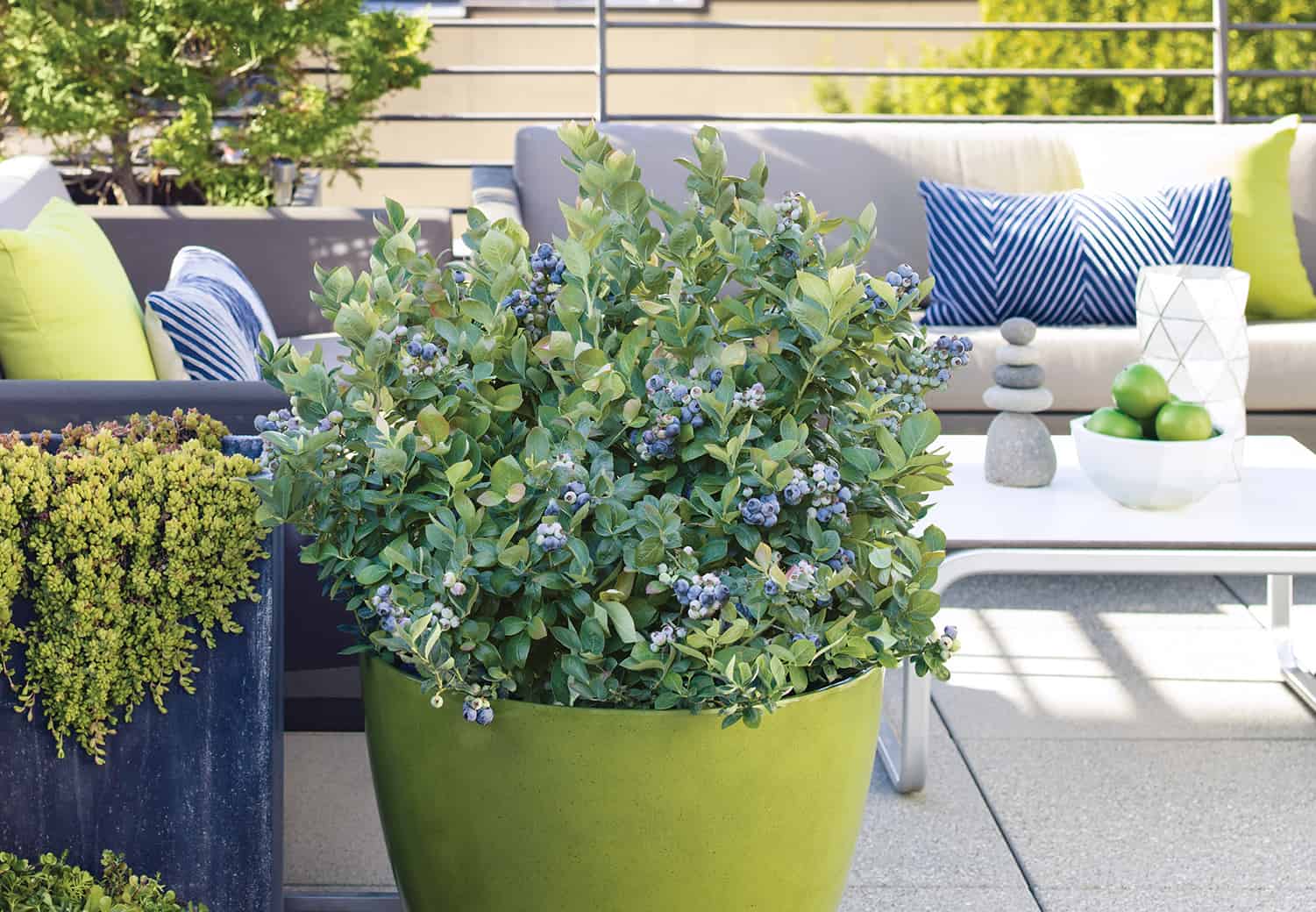
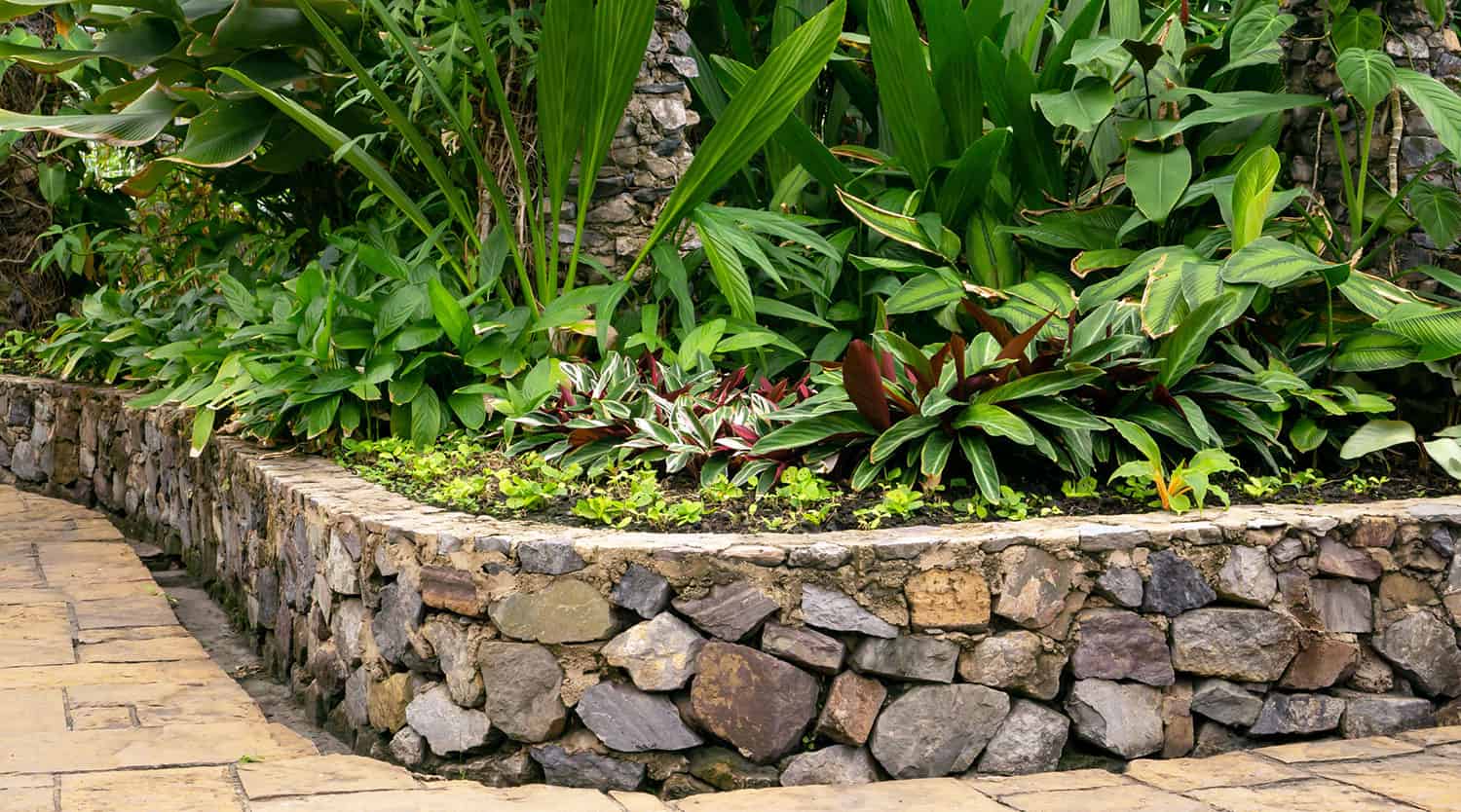
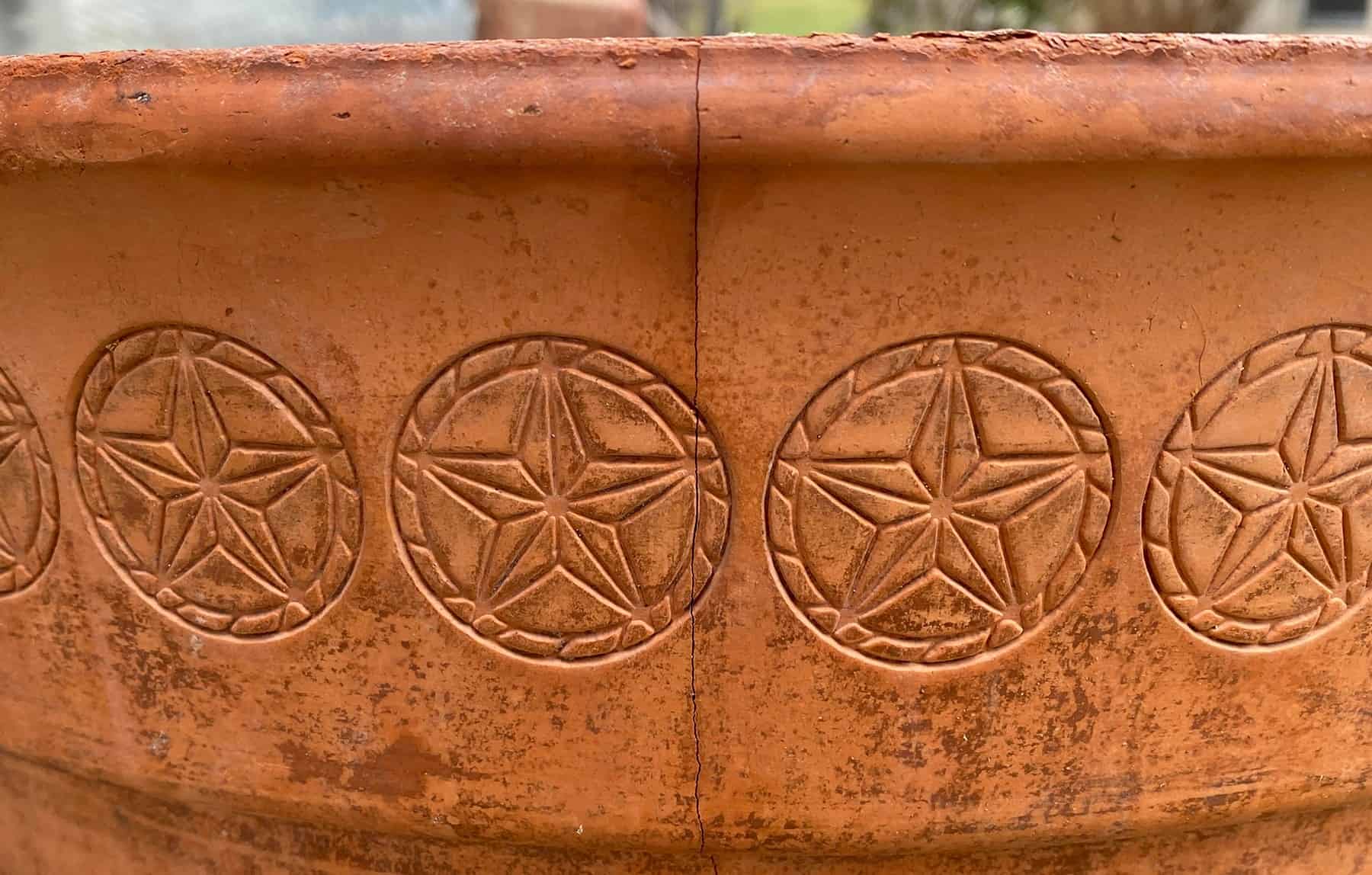
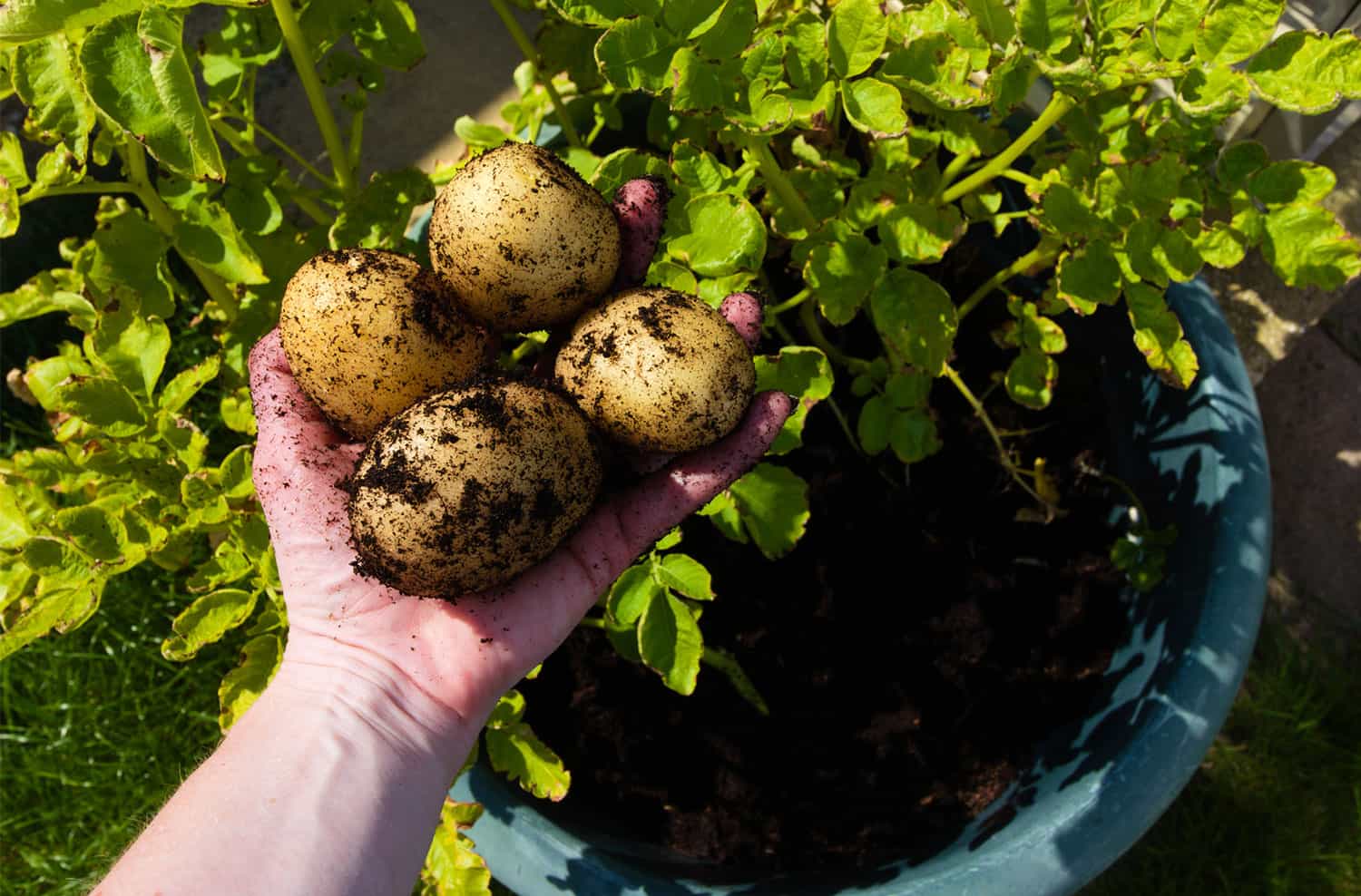

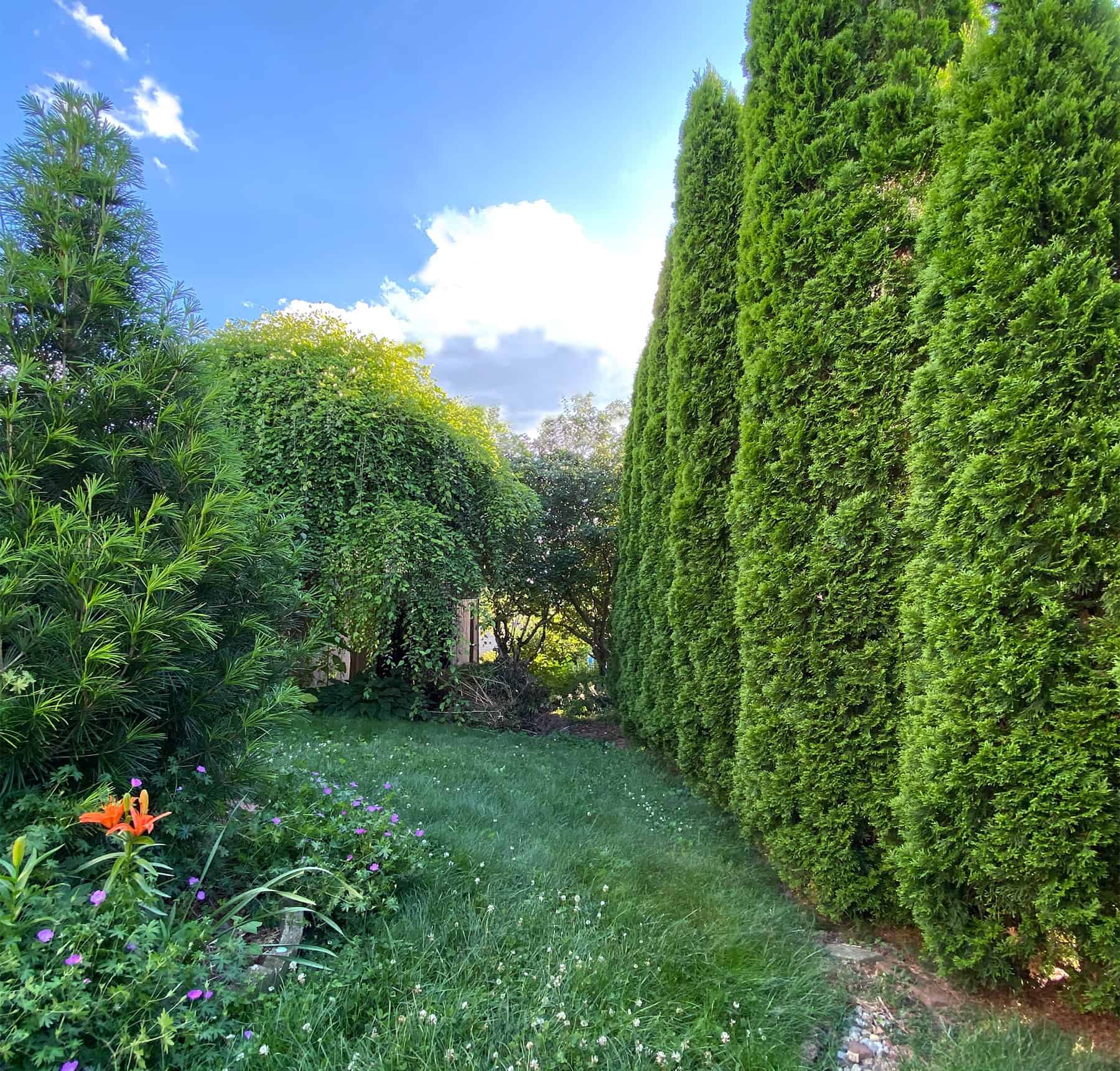
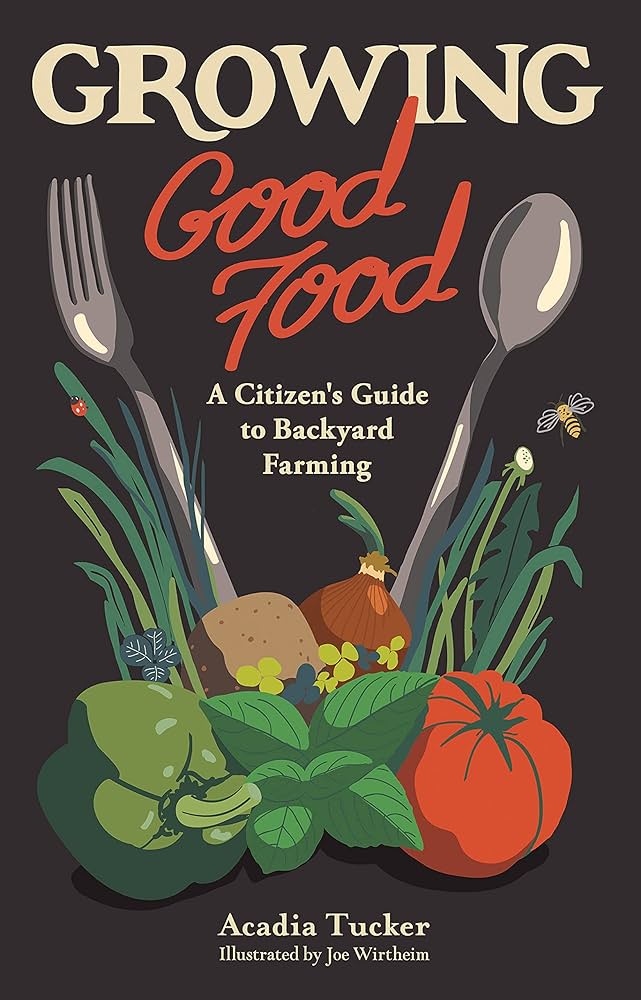
Leave a Reply